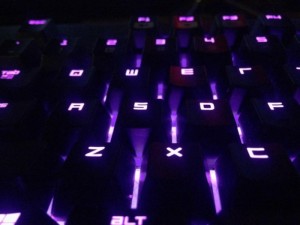I’ve tried to stay away from sports-related games when writing this column. And there are a lot of them—games involving the NHL, NBA, MLB, and FIFA have been around for a very long timae.
Rocket League is a game is not about rockets but, rather, about rocket-powered cars that you control to play a compact version of soccer.

Teams are made up of three players with no designated role right off the bat. The premise is the same as the sport it’s based on: control a ball and “shoot” it into the other team’s net to score. The twist? You can use your rockets to boost yourself into the air and effectively have aerial play.
This past year, Rocket League has seen some decent growth in the esports scene. The championship series marked the largest tournament for the game, and the first-place team took home $50,000 to split between the three team members.
Coming into 2017, the developers, Psyonix Studios, released a statement on their website about what they hope to do for the esports scene this year. One of the major things they’re doing is injecting $2.5 million into the scene to help pay for prize pools, larger venues for the matches, a collegiate program, and weekly tournament support, among other things. This dump of funding will go a long way in keeping the game accessible for all ranges of players, as well as keeping it fun for the viewers to watch.
Rocket League remains one of the bigger niche esports in existence and is backed by some big-name teams, such as G2 Esports, Team Solo Mid, Cloud 9, and NRG esports. These changes should help keep their teams in check and provide extra support for the players.
